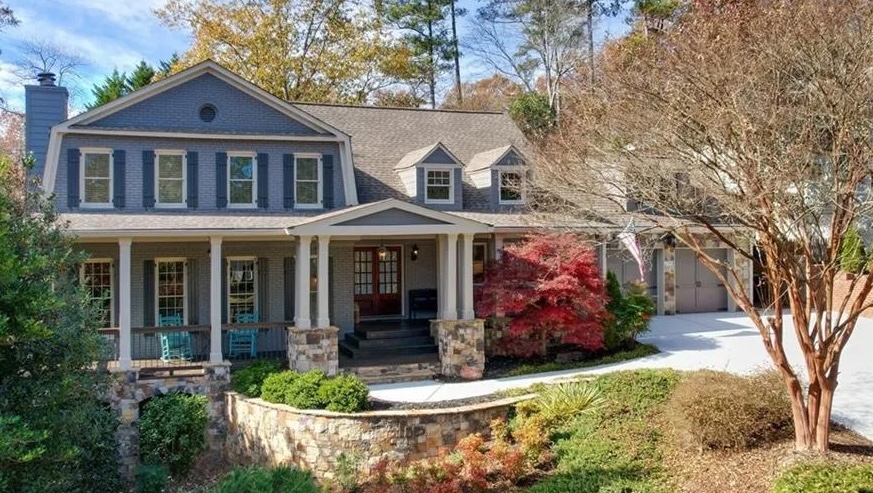A
t a time when millions of would-be homebuyers are locked out of the market, a select group of homeowners is claiming a huge tax break - for second homes. The mortgage interest deduction, a century-old provision, allows homeowners to deduct interest paid on up to $750,000 in mortgage debt, including loans on vacation homes and ski condos.
However, the doubling of the standard deduction in 2017 under the Tax Cuts and Jobs Act inadvertently made this a tax cut for the few. With fewer people itemizing their deductions, opting instead for the easier and more generous standard deduction, the deduction has become a benefit mainly for high-income households who own second homes.
Repealing the benefit for second homes could generate between $43 billion and $108 billion in revenue over the next decade, with most of that money coming from the top 1% of earners. However, critics warn that this would not be free money, as it could also hurt middle-income buyers and destabilize local economies built around second homes.
The mortgage interest deduction has a long history, dating back to the original modern tax code in 1913. When the Tax Reform Act of 1986 eliminated most personal interest deductions, Congress carved out an exception for mortgages, preserving the deduction for both primary and second homes.
Today, homeowners can deduct interest on up to $750,000 in mortgage debt across one or more homes, as long as they itemize rather than take the standard deduction. However, critics argue that this benefit is mainly used by high-income households who own second homes, with households earning over $150,000 per year representing 64% of tax filings and 84% of dollar amount deductions for the MID.
Despite its cost - estimated to be nearly $26 billion in 2025 alone - the deduction remains a contentious issue. Some experts warn that eliminating it could have a devastating effect on local economies, depressing home values and weakening job growth in tourism-dependent communities.
However, others argue that repealing the second-home deduction could serve a dual purpose: freeing up supply and raising federal revenue. In this context, eliminating the deduction for second homes could be viewed as having a stimulative effect on the market while raising federal revenue.













